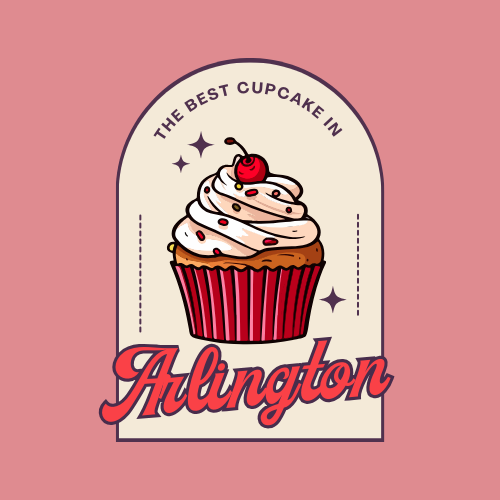Generally Speaking – The pressure of picking classes
Each year at the end of the first semester and in the wake of midterms comes the school’s Course Request Forms (CRFs). This leads to a few complicated weeks where students are asked to work with their parents and teachers to select the courses that they will take the following year. There are a lot of factors that go into the selection of courses, including the abundance of choices, but all the factors involved combine together to make a stressful and difficult experience for students filling out CRFs.
One of the most overwhelming parts of picking classes is the significant number of options that students have at the school. The Program of Studies for the 2020-21 school year is 156 pages long, although there are several pages of introductory or supplemental information that do not contain course descriptions. Not only do the CRFs offer a variety of electives available at the school, they also list multiple options for the core subjects, as well as additional courses available through dual enrollment and the Career Center.
With the abundance of course options, one of the best ways to make the choice is to ask the teacher about the class. Teachers, especially ones who have been teaching the course for a longer time, can tell students about the content, the workload and if it would be something they might enjoy. If someone is not sure about whether or not to take a class, it is also important to ask other students who are currently enrolled in or have previously taken the class. They will be able to tell students what it really feels like to take the class, giving an accurate perspective of what it is like for students.
When selecting core classes, students can become stressed about the question of whether or not to take advanced classes such as AP or IB courses. While these classes often cover less common subjects that students have a strong interest in, they are also taught to a more rigorous curriculum and may have a greater workload. Students also often feel that colleges expect to see them take more difficult classes such as those in the Advanced Placement (AP) and International Baccalaureate (IB) programs, and may feel pressured to take harder classes when they do not want to or do not feel ready.
Since many IB classes are two years long, it also means that any rising full-IB students are picking their classes largely for the next two years.
It can certainly be anxiety-inducing to have to pick advanced classes, but talking with teachers and counselors
While completing CRFs can certainly be stressful, there are ways to manage it well. Discussing course options with teachers, counselors, parents and even friends can help students to explore their options. If a student is curious about a particular class, a good way to learn more about it is to look it up on the Program of Studies, or ask the teacher or a student who has taken the class before. The pressure of picking classes for the next year can give students a lot to think and worry about, but thinking carefully about the choices can help to make sure students build a good schedule for the following year.












